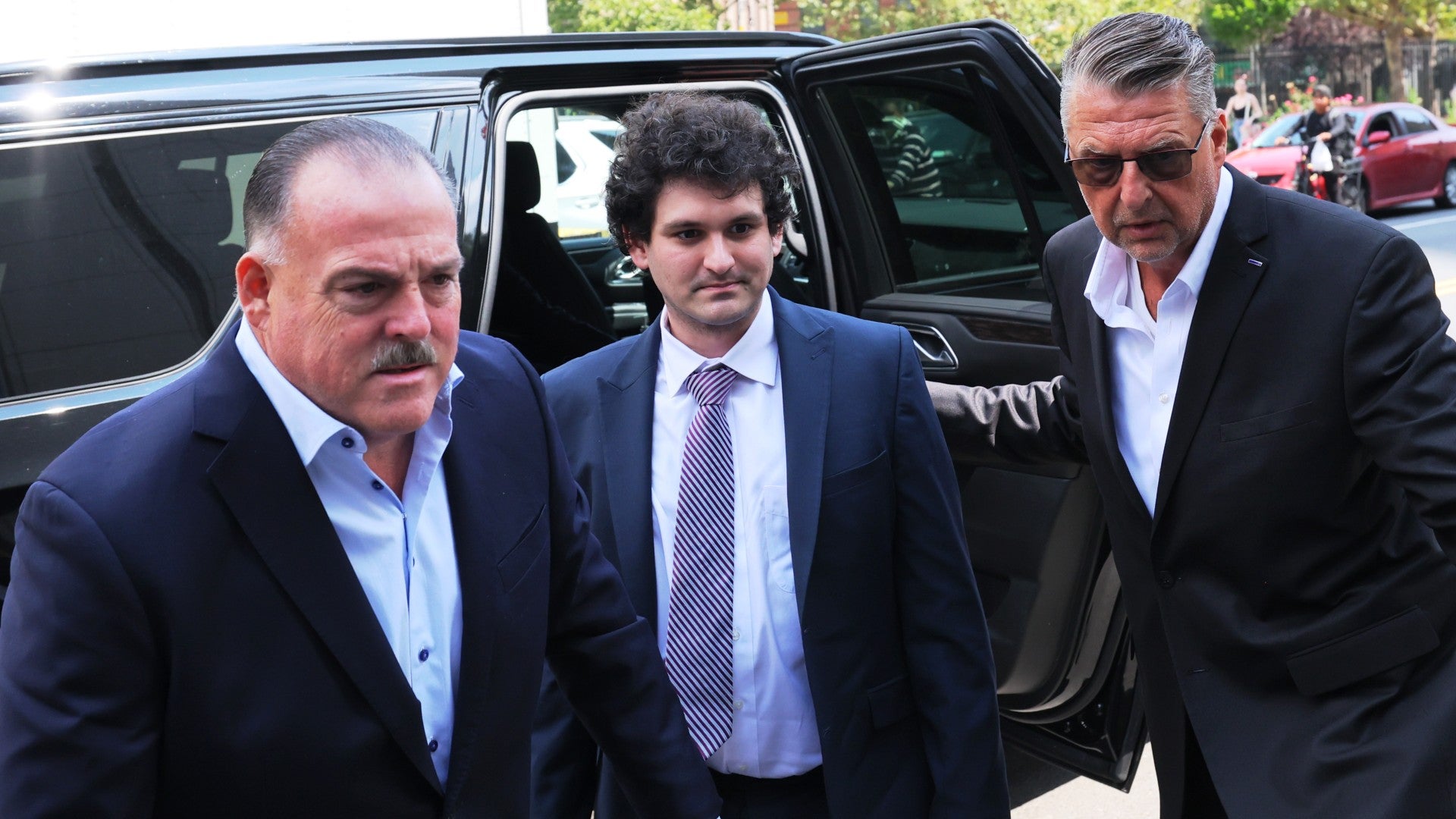
Sam Bankman-Fried, the disgraced founder of cryptocurrency exchange FTX, is entering the second week of his trial.
Later today (10 October) his ex-girlfriend and former CEO of Alameda Research, Caroline Ellison, will take to the stand as a witness for the prosecution, potentially blowing open a case that predominantly rests on a character judgment by the jury.
Last week was off to a slow start as multiple members of the jury were excused either due to prior knowledge of the case or scheduling conflicts, and opening statements followed predictable lines.
The prosecution has portrayed Bankman-Fried as a callous operator, living a life of luxury at the expense of his customers, who were defrauded to the tune of billions of dollars. The defence, for its part, has suggested that the man simply lost control of a company that grew too large too fast and did not intend to do any harm.
If Bankman-Fried is found guilty of all seven charges he faces, he will face life in prison. The defence’s hope to portray him as a hapless dreamer, too lost in the world of mathematics to keep tabs on all his company’s dealings, faces scepticism from legal experts.
The Guardian reports that law professor Carl Tobias has little faith in this line of argument, saying “jurors are not stupid”, and pointing to the fact that his parents are both Stanford Law School professors. It is also worth noting that he is battling fraud charges of $10bn, making this defence seem particularly weak.
This is echoed by experts on X – née Twitter – identified by GlobalData’s social media analytics database. Well-known crypto critic and researcher Molly White, has urged the public to remember that Bankman-Fried, despite being described as such in the media, is not a child.
He is not without his defenders, however. Scam investigator Coffeezilla has contended that author Michael Lewis’ new book, Going Infinite, constitutes a wholehearted defence of Bankman-Fried. A similar critique was made in The New Statesman, albeit rather more soberly.
Whatever the jury decides, the underlying facts will not change: Sam Bankman-Fried’s FTX, alongside the closely affiliated Alameda Research, once handled billions of dollars of investors’ capital, and much of that money is now gone. The trial cannot bring that money back, nor can it undo what may have been the largest blow to consumer confidence in cryptocurrency to date.
What it can do is remind us of the dangers of leaving such an industry unregulated. It is possible that both the prosecution and the defence are truthful: FTX did indeed grow at an astonishing rate, and it is entirely plausible that Bankman-Fried didn’t understand the extent of the risk. At the same time, the money is gone, and Bankman-Fried, alongside others in his inner circle, were living like billionaires in the Bahamas.
The solution to this is to take away the ability for any one person to hold so much power so quickly, particularly when that person has little background experience to speak of in an industry that many professionals still barely understand.
Similarities have been drawn between Bankman-Fried and Bernie Madoff, the fraudster whose Ponzi scheme defrauded investors to the tune of over $60bn over at least ten years. Madoff was skilled at what he did, and successfully built connections with those in government and regulatory agencies to operate without due scrutiny. FTX, on the other hand, lasted from 2019 to 2022 and was brought down by a bank run brought about by crypto website CoinDesk.
There are perhaps echoes of Madoff, but the clearer comparison is Elizabeth Holmes and Theranos. Both young, both (supposedly) brilliant, both operating on the edges of known technology and both charged with fraudulent activity. As with Bankman-Fried, Holmes may well have believed her own hype, but the outcome was equally destructive.
Electronic Payments International has written in the past about the need for greater regulation of crypto, and as the trial continues to unfold, it is essential to remember that Bankman-Fried should never have been allowed to get this far in the first place.
Our signals coverage is powered by GlobalData’s Thematic Engine, which tags millions of data items across six alternative datasets — patents, jobs, deals, company filings, social media mentions and news — to themes, sectors and companies. These signals enhance our predictive capabilities, helping us to identify the most disruptive threats across each of the sectors we cover and the companies best placed to succeed.






